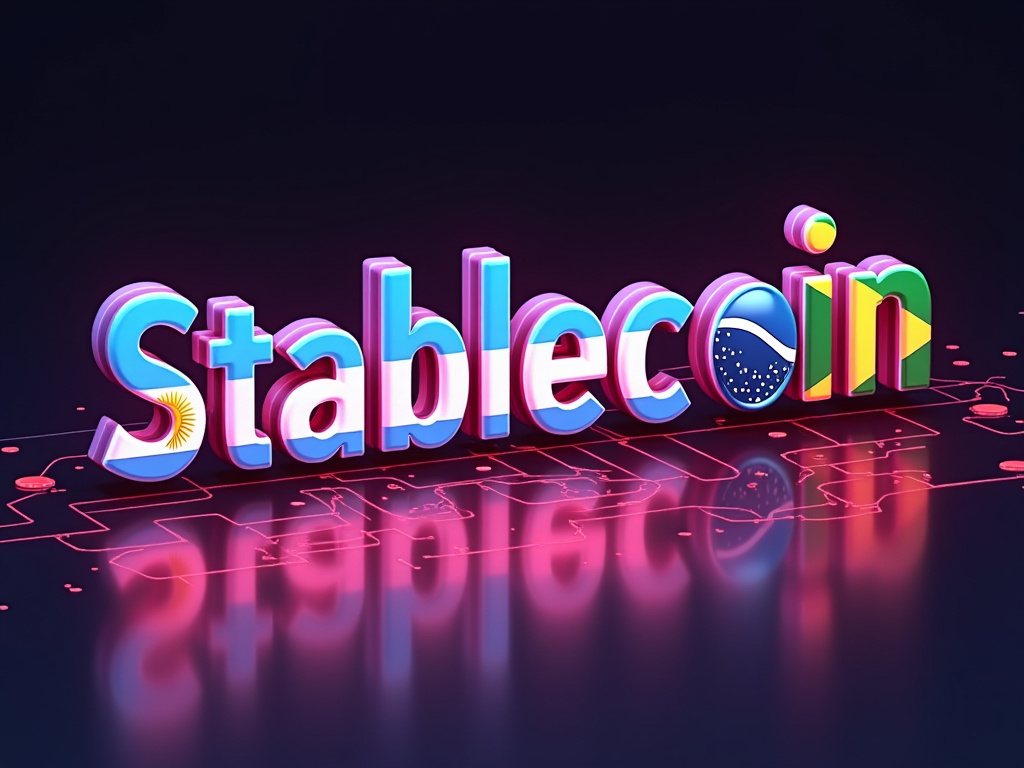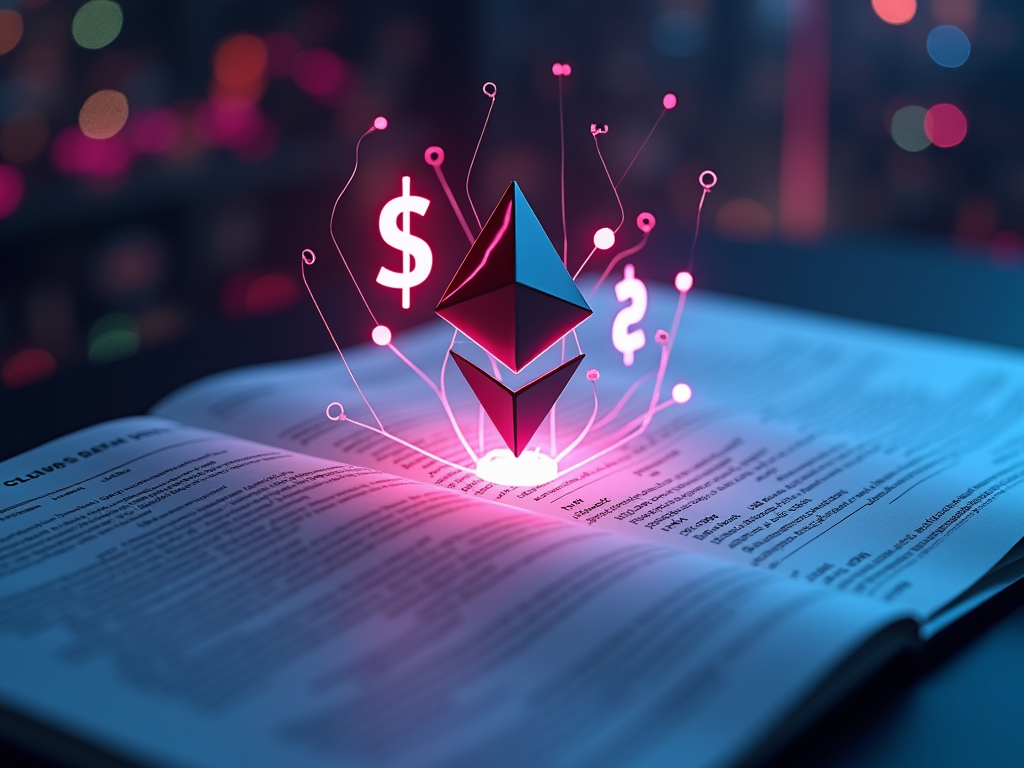Ferrari is expanding its cryptocurrency payment options to Europe by the end of July, according to Reuters. This move marks a significant step for the Italian automaker into digital currency transactions.
From the U.S. to Europe
Ferrari, based in Maranello, Italy, started accepting cryptocurrency payments in the U.S. last October through a partnership with BitPay. U.S. customers could buy Ferrari cars using Bitcoin (BTC), Ether (ETH), and USD Coin (USDC). Now, Ferrari is extending these payment options to its European clients to better address their evolving needs.
Global Crypto Expansion
Ferrari plans to introduce cryptocurrency payments in other global markets by the end of 2024, showing a long-term strategy to integrate digital currencies into its global sales.
Crypto in Luxury Retail
While cryptocurrencies are popular as investments, their use as payment is still rare among major corporations due to concerns about price volatility and regulation. However, luxury goods like Ferrari’s cars may be a good fit for crypto payments, aligning with the investment mindset of many crypto holders.
Industry Implications
Ferrari’s acceptance of cryptocurrencies could push other luxury brands to follow. As digital currencies gain stability and acceptance, the high-end retail sector may see more adoption of crypto payments.
At this time, neither Ferrari nor BitPay has commented further on this development. The intersection of luxury automobiles and cryptocurrencies is one to watch, as Ferrari’s move could influence broader acceptance in high-end markets.
Crypto Payments in Practice
Despite the growing popularity of cryptocurrencies, few companies accept them for payments, possibly due to low demand. Crypto holders might hesitate to spend their assets, fearing value increases. However, this concern may be less relevant for luxury items like Ferraris, which are often seen as long-term investments.
As Ferrari moves forward with its cryptocurrency payment plans, it positions itself at the forefront of a potentially transformative trend in luxury retail. This could lead to broader acceptance of cryptocurrencies in high-end markets, connecting digital assets with tangible luxury goods.














